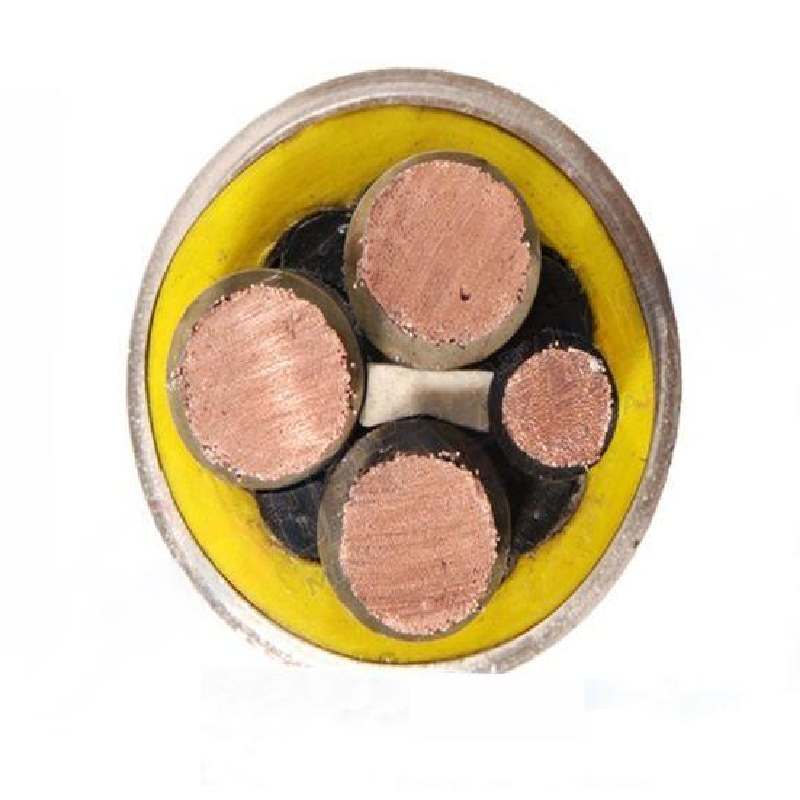9 月 . 29, 2024 03:56 Back to list
Understanding Electric Wire and Cable Specifications for Safe and Efficient Use
Understanding Electric Wire and Cable An Essential Component of Modern Infrastructure
Electric wire and cable play a crucial role in our daily lives, serving as the fundamental components for the transmission of electrical energy. From powering our homes to facilitating communication and even enabling transportation systems, these components are indispensable in modern infrastructure. This article delves into the different types of electric wires and cables, their applications, and the importance of proper selection and installation.
Types of Electric Wire and Cable
Electric wires and cables can be classified into several categories based on their construction, application, and insulation type
. The most common types include1. Conductors Typically made from copper or aluminum, conductors are the core components that carry electrical current. Copper is preferred in most residential applications due to its excellent conductivity and flexibility, while aluminum is often used in overhead power lines due to its lightweight properties.
2. Insulated Wire Insulated wires have a coating of non-conductive material, which prevents electrical leakage and protects against short circuits. The insulation materials can vary, including PVC (polyvinyl chloride), rubber, and XLPE (cross-linked polyethylene), each having its own specific characteristics suitable for various applications.
3. Multicore Cable These cables contain several insulated conductors grouped together, allowing for multiple circuits in a single cable. They are commonly used in both residential and industrial settings, providing ease of installation and reduced space requirements.
4. Specialty Wires and Cables This category includes products designed for specific applications, such as high-temperature environments, outdoor installations, and circuits that require additional protection against moisture, chemicals, or physical damage.
Applications of Electric Wires and Cables
electric wire cable

Electric wires and cables are ubiquitous in various sectors, including
- Residential In homes, they facilitate power distribution to outlets, lighting fixtures, and appliances. Proper installation is crucial to ensure safety and efficiency, as faulty wiring can lead to electrical fires or equipment damage.
- Commercial Businesses rely on electric wiring for everything from basic lighting to complex network systems. The reliability of electrical infrastructure directly impacts productivity and operational safety.
- Industrial In manufacturing and processing plants, heavy-duty cables are essential for powering machinery and controlling automation systems. These cables must withstand harsh environments, including extreme temperatures and exposure to chemicals.
- Telecommunications Cables such as fiber optics and coaxial cables are vital in transmitting data over long distances, supporting the internet, television, and communication networks.
Importance of Proper Selection and Installation
Selecting the right electric wire or cable for a specific application is critical to ensuring safety, efficiency, and longevity. Factors to consider include the voltage rating, current capacity, environmental conditions, and installation method. Engaging a qualified electrician for installation is equally important, as they can ensure compliance with local electrical codes and standards, significantly reducing the risk of hazards.
In conclusion, electric wires and cables are far more than just components; they are the backbone of our technological capabilities. Understanding their types, applications, and the importance of proper installation not only enhances our appreciation for electrical systems but also encourages the responsible use of these essential resources in our daily lives and infrastructures.
Share
-
Understanding the Differences Between Wafer Type Butterfly Valve and Lugged Butterfly ValveNewsOct.25,2024
-
The Efficiency of Wafer Type Butterfly Valve and Lugged Butterfly ValveNewsOct.25,2024
-
The Ultimate Guide to Industrial Swing Check Valve: Performance, Installation, and MaintenanceNewsOct.25,2024
-
Superior Performance with Industrial Swing Check Valve: The Essential Valve for Any SystemNewsOct.25,2024
-
Industrial Swing Check Valve: The Ideal Solution for Flow ControlNewsOct.25,2024
-
You Need to Know About Industrial Swing Check Valve: Functionality, Scope, and PerformanceNewsOct.25,2024